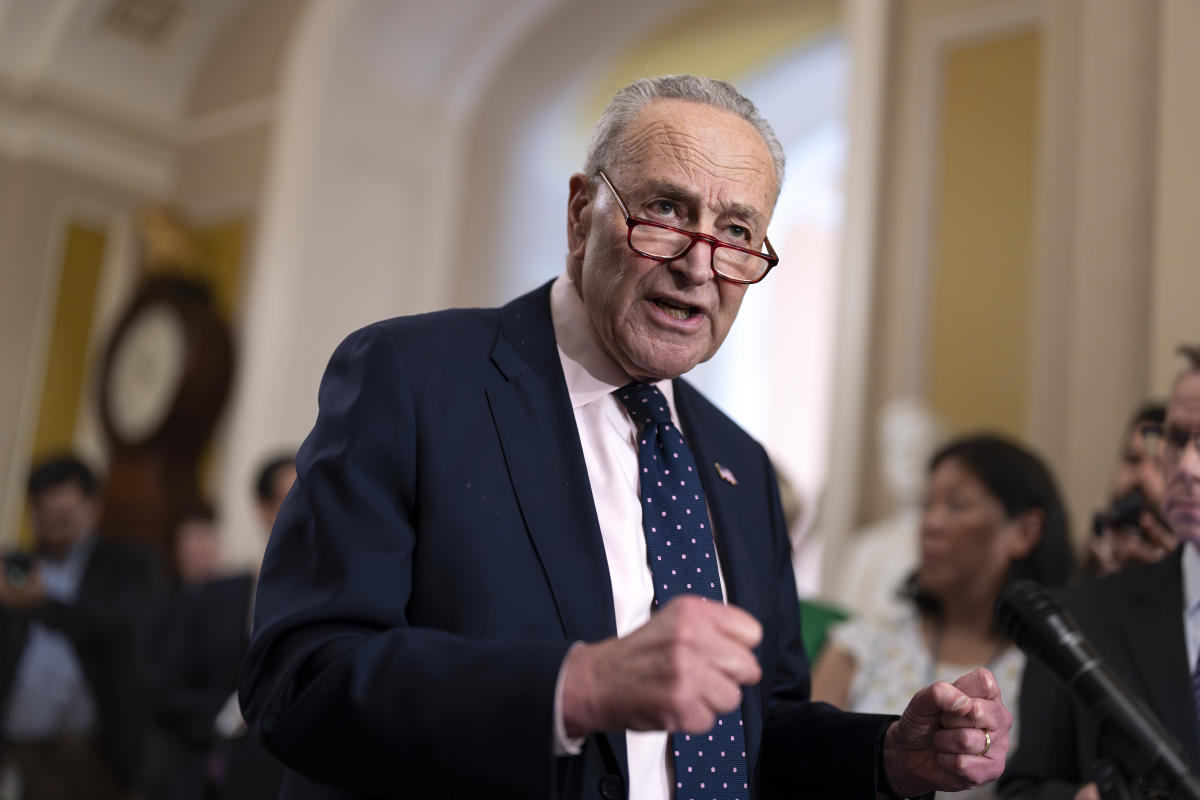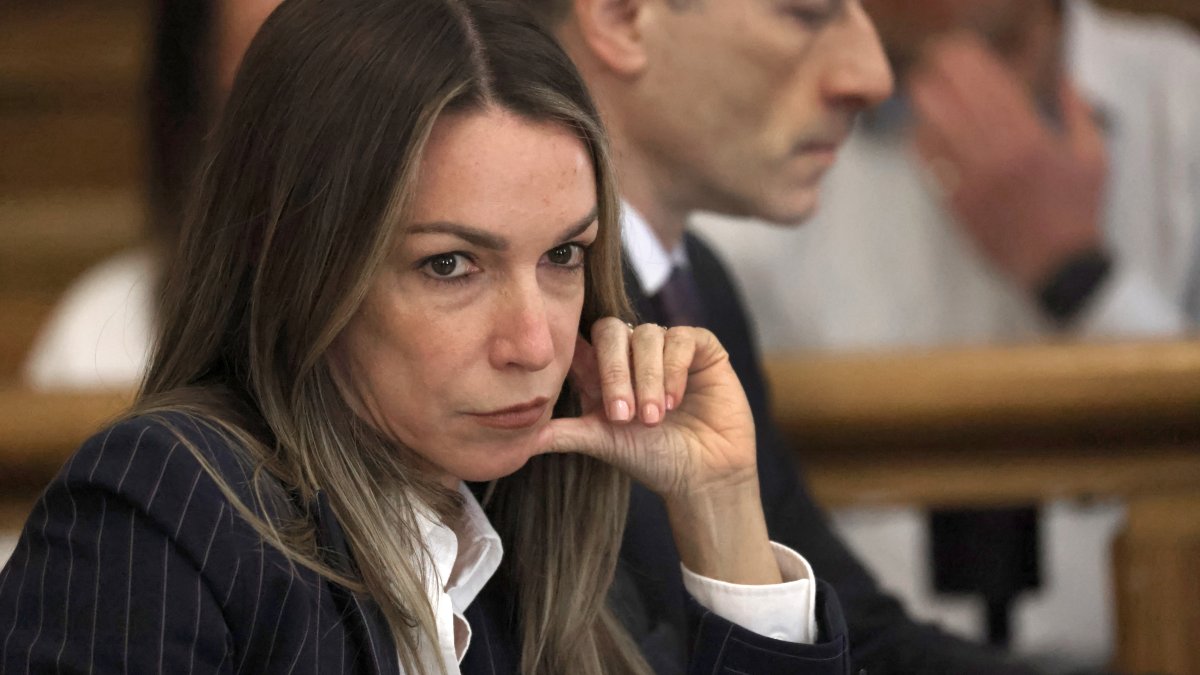The Braves and left-hander Chris Sale have agreed to a new deal, which will pay him $38MM over the next two years. He will earn $16MM in 2024 and $22MM in 2025 and there’s also an $18MM club option for 2026. Sale was already under contract via an extension he previously signed with the Red Sox but this will overwrite that.
 Sale was acquired from the Red Sox last week, in a trade that sent Vaughn Grissom to Boston. The Sox also included $17MM to cover the remainder of Sale’s contract, a five-year, $145MM extension he and the Red Sox signed in 2019. As part of that deal, Sale was set to make $27.5MM in 2024, though $10MM of that was deferred until 15 years in the future. With the $17MM coming from the Sox, Atlanta was only going to be paying him $500K. There was also a $20MM club option for 2025.
Sale was acquired from the Red Sox last week, in a trade that sent Vaughn Grissom to Boston. The Sox also included $17MM to cover the remainder of Sale’s contract, a five-year, $145MM extension he and the Red Sox signed in 2019. As part of that deal, Sale was set to make $27.5MM in 2024, though $10MM of that was deferred until 15 years in the future. With the $17MM coming from the Sox, Atlanta was only going to be paying him $500K. There was also a $20MM club option for 2025.
As part of this new deal, Sale’s $16MM salary will be pretty close to the non-deferred money he was going to make in 2024. He will no longer have that deferred $10MM payment down the road, but he will have $22MM locked in for the 2025 season. That gives him some extra security in the event of more health problems cropping up this year. Sale pitched less than 50 total innings over the 2020-2022 period, mostly due to Tommy John surgery but also due to other ailments. Last year, he was able to toss 102 2/3 frames but a stress reaction in his shoulder blade kept him out of action for over two months. Any further health issues would have perhaps given the club some hesitation about picking up the 2025 option but Sale has now locked in a notable salary for next year.
For Atlanta, this is a show of faith in the soon-to-be-35-year-old. They could have simply employed Sale for 2024 and then walked away if things didn’t go well, with the club option there to keep him around if he had a strong campaign for his new club. But they have now committed themselves to at least two years of Sale, with the club option now kicked down the road to 2026. As mentioned, Sale hasn’t been fully healthy in the past four years and even had some issues before that. Some shoulder and elbow issues kept him around 150 innings in 2018 and 2019, meaning his last fully healthy campaign was 2017.
Back then, Sale was one of the best pitchers in the league, finishing that 2017 season with a 2.90 ERA. Last year, he wasn’t quite as dominant, with a 4.30 at the end of the season. The peripherals were a bit better, however, with a 29.4% strikeout rate and 6.8% walk rate that were both strong.
Despite that fairly solid bounceback season, it’s obviously a gamble to bet on a pitcher that has been hurt so much, locking him up for his age-35 and age-36 seasons. But the club has a decent amount of rotation uncertainty going forward. Max Fried is entering his final year of club control while Charlie Morton is one year from free agency as well. Morton has flirted with retirement before and is going into his age-40 season, making it possible he won’t be back in 2025.
Prior to this deal, Sale was a potential to depart as well, depending on the outcome of the club option. Now that he’s under contract for 2025, he can be pencilled into next year’s rotation next to Spencer Strider. The club will still have to fill out the rest of the rotation, but perhaps internal options like Bryce Elder, AJ Smith-Shawver and Hurston Waldrep will have taken steps forwards between now and then.
There’s also the competitive balance tax to consider. Under the current collective bargaining agreement, a player’s CBT hit is recalculated when he is traded to reflect what remains of the contract. That means that Sale was going to have a $27.5MM CBT hit prior to this deal, with the Sox absorbing $17MM of that. But that will now drop to $19MM, leaving just $2MM on Atlanta’s CBT ledger this year but $19MM next year. Going into today, the club’s CBT figure was at $276MM, per Roster Resource. That’s right against the third tax threshold of $277MM, which is a notable line to cross. Clubs that go over the third threshold have their top pick in the next draft pushed back by 10 slots, in addition to an increased tax rate. By lowering Sale’s CBT hit, the club will have a bit more breathing room to make more moves, either now or during the season.
Ultimately, it’s a pact that works for both sides. Atlanta gets a bit more luxury tax space and also, hopefully, a better rotation outlook in 2025 and maybe even 2026. Sale, meanwhile, locks in some future earnings to guard against any continued health issues.

Daniel Miller is a sports fanatic who lives and breathes athletics. His coverage spans from major league championships to local sports events, delivering up-to-the-minute updates and in-depth analysis for sports enthusiasts.








/cdn.vox-cdn.com/uploads/chorus_asset/file/23916363/b4068a58.jpeg)